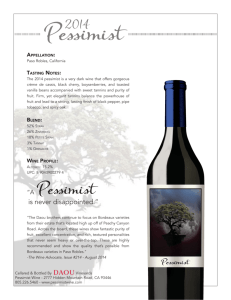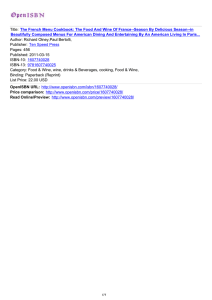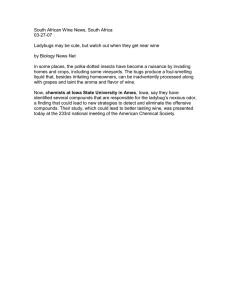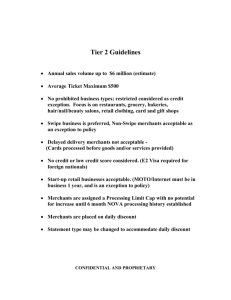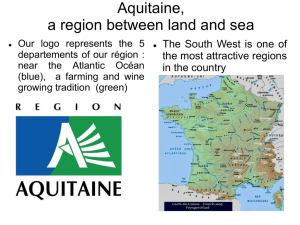From Black Ivory to Red Ivory:
advertisement
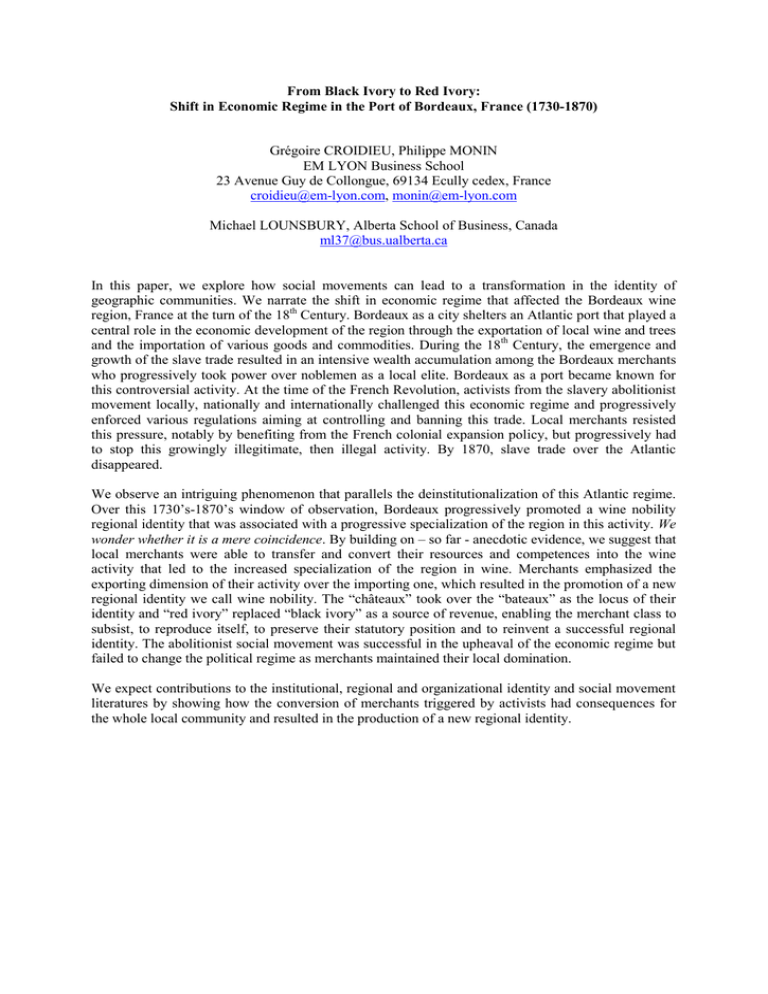
From Black Ivory to Red Ivory: Shift in Economic Regime in the Port of Bordeaux, France (1730-1870) Grégoire CROIDIEU, Philippe MONIN EM LYON Business School 23 Avenue Guy de Collongue, 69134 Ecully cedex, France croidieu@em-lyon.com, monin@em-lyon.com Michael LOUNSBURY, Alberta School of Business, Canada ml37@bus.ualberta.ca In this paper, we explore how social movements can lead to a transformation in the identity of geographic communities. We narrate the shift in economic regime that affected the Bordeaux wine region, France at the turn of the 18th Century. Bordeaux as a city shelters an Atlantic port that played a central role in the economic development of the region through the exportation of local wine and trees and the importation of various goods and commodities. During the 18th Century, the emergence and growth of the slave trade resulted in an intensive wealth accumulation among the Bordeaux merchants who progressively took power over noblemen as a local elite. Bordeaux as a port became known for this controversial activity. At the time of the French Revolution, activists from the slavery abolitionist movement locally, nationally and internationally challenged this economic regime and progressively enforced various regulations aiming at controlling and banning this trade. Local merchants resisted this pressure, notably by benefiting from the French colonial expansion policy, but progressively had to stop this growingly illegitimate, then illegal activity. By 1870, slave trade over the Atlantic disappeared. We observe an intriguing phenomenon that parallels the deinstitutionalization of this Atlantic regime. Over this 1730’s-1870’s window of observation, Bordeaux progressively promoted a wine nobility regional identity that was associated with a progressive specialization of the region in this activity. We wonder whether it is a mere coincidence. By building on – so far - anecdotic evidence, we suggest that local merchants were able to transfer and convert their resources and competences into the wine activity that led to the increased specialization of the region in wine. Merchants emphasized the exporting dimension of their activity over the importing one, which resulted in the promotion of a new regional identity we call wine nobility. The “châteaux” took over the “bateaux” as the locus of their identity and “red ivory” replaced “black ivory” as a source of revenue, enabling the merchant class to subsist, to reproduce itself, to preserve their statutory position and to reinvent a successful regional identity. The abolitionist social movement was successful in the upheaval of the economic regime but failed to change the political regime as merchants maintained their local domination. We expect contributions to the institutional, regional and organizational identity and social movement literatures by showing how the conversion of merchants triggered by activists had consequences for the whole local community and resulted in the production of a new regional identity.

